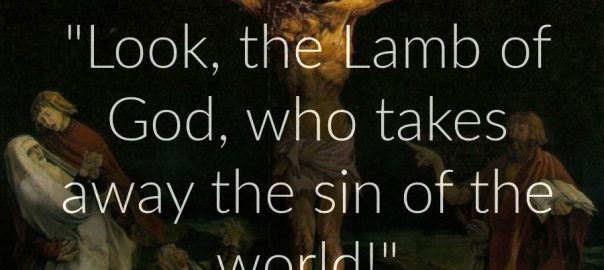The purpose of this website is not to teach soteriological universalism as a ‘theological doctrine’, but to help deconstruct and reconstruct traditional concepts such as salvation, damnation, election, predestination, divine judgment and so on. God is free to have or not to have mercy on whom he wills (Rom. 9:18), and so we cannot make a sure ‘theory’ about grace. But this is also exactly why we are free to hope that God will in fact have mercy upon all (Rom. 11:32).
The belief in “the restoration of all things” (Acts 3:21) is as old as Christianity itself, and was held by many early Church Fathers prior to the Middle Ages. Since the introduction of religious freedoms in the 17th century it has again been defended by an increasing number of believers from all denominations.
The hope that there will in fact be no limits to the scope or efficiency of grace is not religious pluralism or liberalism. There is no salvation outside of Christ. But eventually all things will be gathered up in Christ (Eph. 1:10), who will finally subject everything to His Father so that God can be All in All (1 Cor. 15:28).
All theologies take a particular understanding of the gospel as the basis for reading and interpreting the Bible. If we take the gospel to be good news about God’s infinite grace, everything else must be seen in this light.
The Bible teaches that nothing is impossible with God (Job 42:2; Luke 1:37). God works all things according to the counsel of his will (Eph. 1:11). No one can resist his will (Rom. 9:19). The Bible also teaches that God wants all people to be saved and to come to a knowledge of the truth (1 Tim 2:4). Every single person has been judged to death because of sin (Rom. 2:10), but by his death and resurrection Jesus Christ will make all righteous (Rom. 5:18).
Christ is the atoning sacrifice for the sins of the whole world (1 Jn 2:2). All have died with Christ, and in Christ God has reconciled the world to himself (2 Cor 15-19). Through Christ all things have been reconciled to God (Col 1:20). In Jesus Christ, the grace of God has been revealed, bringing salvation to all people (Tit 2:11). Christ gave himself as a ransom for all (1 Tim. 2:6), which is why he is said to be the savior of all men, though especially those who believe (1 Tim. 4:10).
If this is the basis for how we perceive the gospel, then our theological reflection must aim at explaining how anything that is seemingly at odds with this can nevertheless be compatible with the good news. Such traditional issues like predestination, damnation and judgment must all be seen in the light of the cross and God’s ultimate purposes. If God’s purpose is to save all sinners, then these things must be seen in this perspective. God’s love must be the rule for doing theology.
Much more can be said, of course, which is why having a blog makes good sense.
